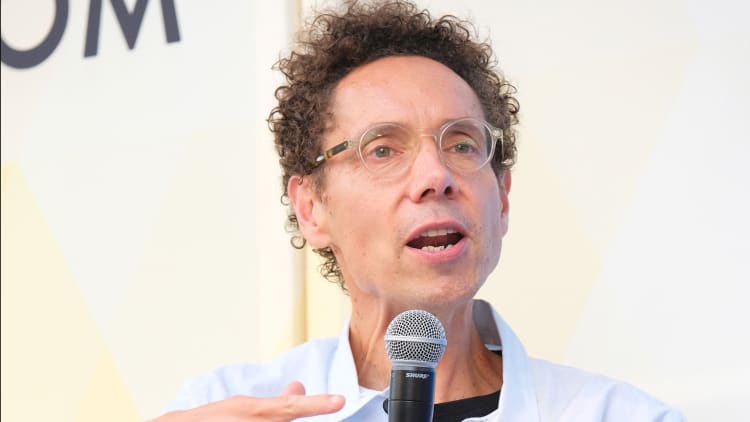When you are the boss, you have to know that your employees hang on your every word, despite what you may think. And if you aren't careful about how you are communicating, you could, very quickly and without much consideration, demoralize your team.
So says John Mackey, the CEO and founder of the Whole Foods, which he started in 1978 with $45,000 raised from family and friends. Mackey turned a single store in Austin, Texas to a nationwide network of grocery stores that Amazon bought in a $13.7 billion deal in 2017.
When dropping in on a store, "I can give 10 compliments, but the one criticism devastates the morale," Mackey told Freakonomics Radio host Stephen Dubner in an episode released Wednesday.
Don't miss: Best credit cards for Black Friday and Cyber Monday shopping of 2020
"Because I am the founder, the CEO, I have a larger-than-life impact on the team members. They want 'daddy' to really love the store, and they don't want criticism," Mackey says. "I know this. So, what I do is I give nothing but praise when I'm in the store. And if I see some problems, I might tell the store team leader, kind of one on one. But I try to not offer criticisms when I'm there, because they're just too powerful."
When Mackey is touring a store, its employees are virtual strangers. He does not have a relationship with any of them.
"In my experience, criticism will only be received by people if there's a high degree of trust. If there's trust, and people know that you care about them, then their self-esteem is less threatened. Because self-esteem is not usually very high with most people, you have to be very sensitive to the criticisms," he says.
Indeed, trust is fundamental to how employees receive feedback, according to M. Tamra Chandler, the co-author of "Feedback (and Other Dirty Words)" and "How Performance Management is Killing Performance — and What to Do About It." She's also the principal people advisory services leader at financial services firm Ernst & Young and co-founded and was the CEO of PeopleFirm, a consulting company to drive performance among employees.
"It is very physical, the reaction that people have to feedback," Chandler says in the podcast "Women Amplified" published Nov. 2 with host Celeste Headlee. It makes people fearful, but if leaders can increase the trust they have before delivering feedback, then it can decrease the fear they feel upon receiving that feedback, Chandler says.
"And so when we talk about trust, if we go back to that, we're saying in order to build trust, you and I have to have five positive connections or five to one positive connections," Chandler says and that can be anything from having a great conversation to working on a hard project together.
When Mackey is in a store interacting with employees, "they don't know me well enough to know they can trust me," Mackey says.
For bosses, gaining trust takes time. "It is a long process. So, we should be very judicious in our criticism," he says.
Mackey recommends Ken Blanchard's book, "One-Minute Manager," recently re-released as, "The New one Minute Manager," for leadership advice.
"He just said you should catch people doing something right," Mackey says.
"So I definitely believe in positive reinforcement. And then if you do enough positive reinforcement, people are going to be in a place where they can receive the critical feedback," Mackey says. "That gives you permission to give negative feedback. That's actionable. So, we just need to be careful about it. And if you can't do it, you're going to be the type of leader that people avoid."
See also:
Whole Foods CEO John Mackey: Store managers could be making 'well over $100,000,' without college
The right way to talk politics at work
What George Takei learned about resilience from his dad making art in Japanese internment camp



